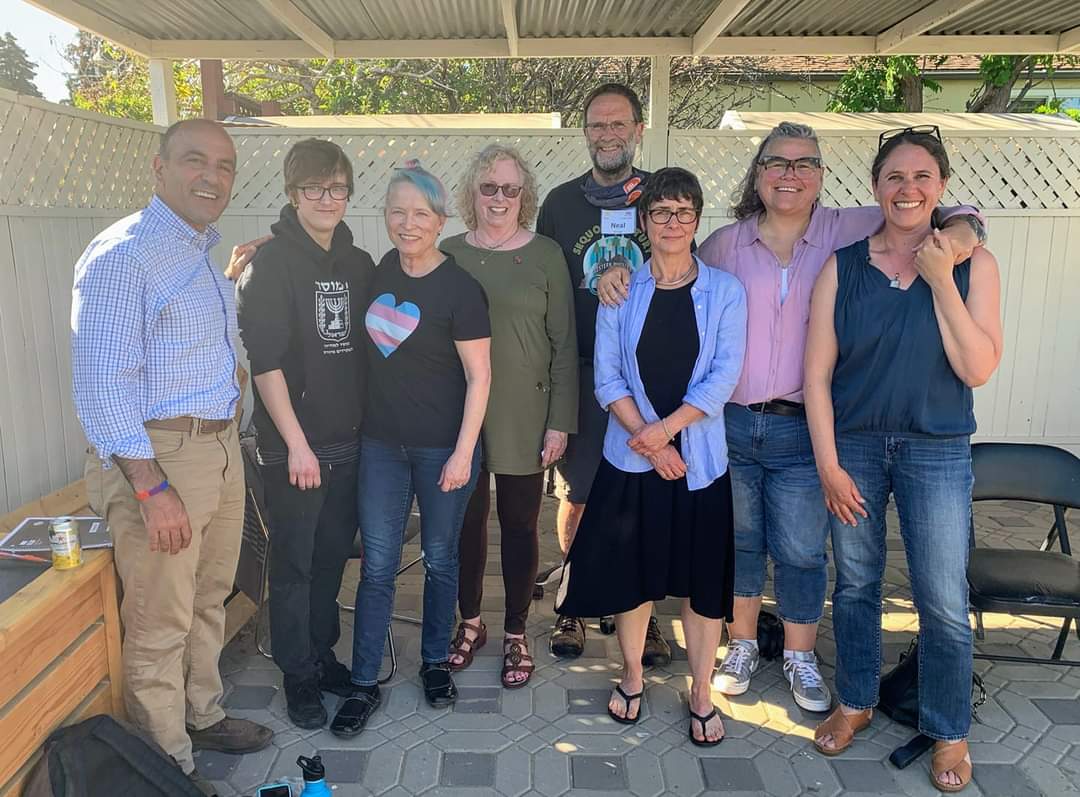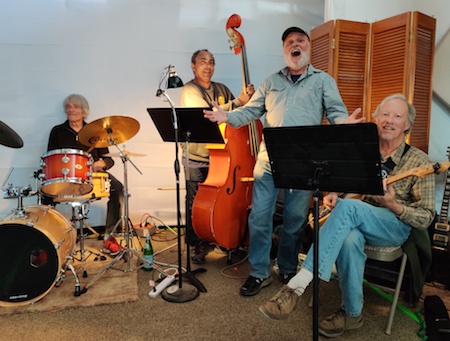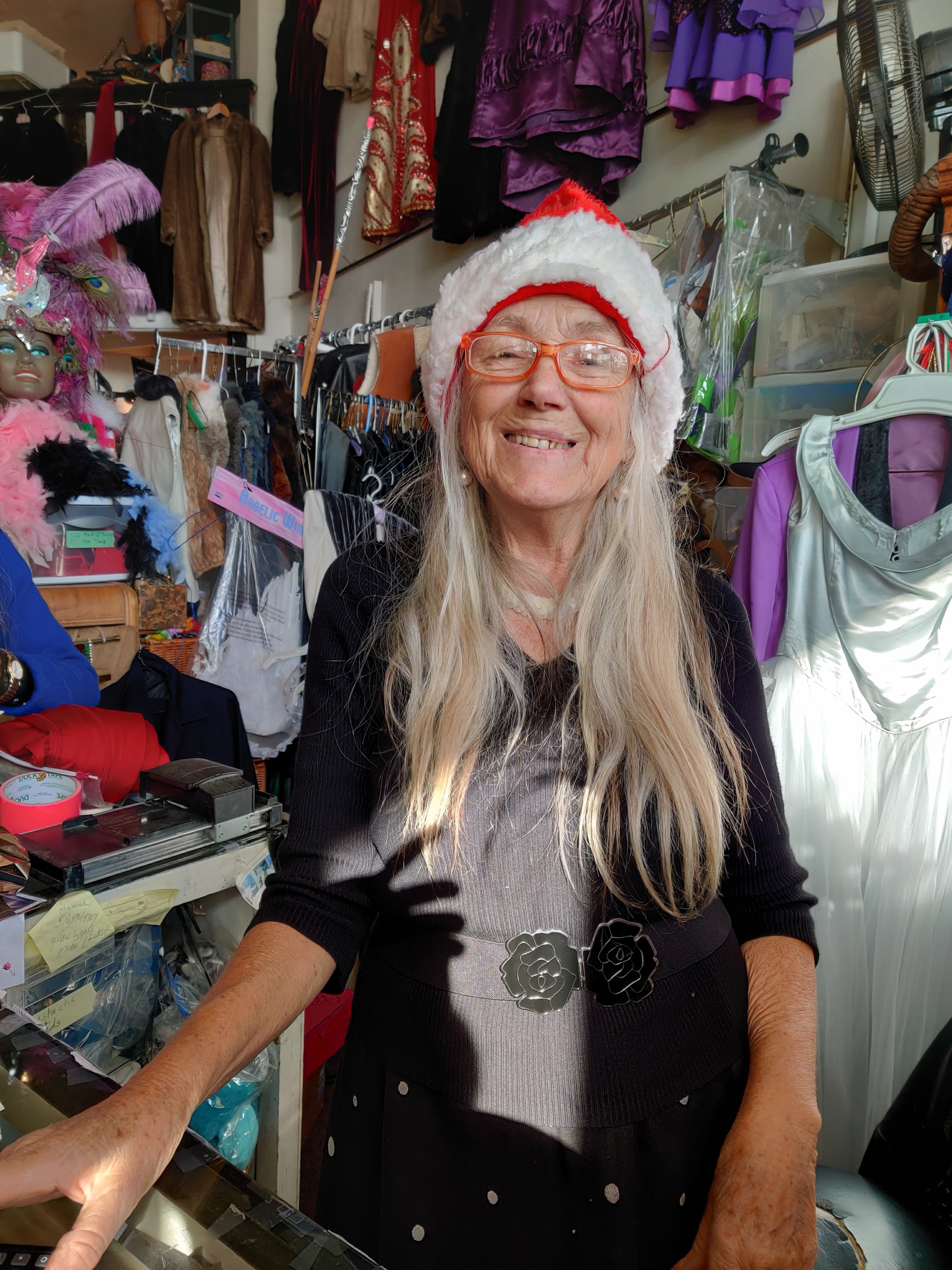Tag: santa cruz
-

Transgender support: healthcare, education, and community
Recently, Rep. Jimmy Panetta reached out to PFLAG to suggest a listening session about issues faced by transgender people, their families, and their communities. The meeting took place in the back yard of the Diversity Center with representatives from PFLAG Santa Cruz County and the TransFamilies of Santa Cruz County,. We were graced with the…
-

The Day the Music Paused
I am part of a community that most people don’t even know exists. Jazz, voted the least popular genre of music in a poll done in Santa Cruz (really, we came in after polka!), is alive and well in our little edge of the universe. I am on the board of our local Jazz Society,…
-
On the radio: The state of education in Santa Cruz and beyond
Interview with Dr. Faris Sabbah Dr. Sabbah, Superintendent of Schools for Santa Cruz County, talks about local challenges and the new charter school law, AB-1505. Click here to listen.
-
On the radio: The state of jazz in cities with a high cost of living
Will Jazz Survive in Santa Cruz? Click here to listen to the interview Brad Kava did with percussionist and looper Rick Walker.
-

Another local shop closes
Support Santa Cruz’s quirky businesses! I suppose it’s inevitable that as real estate prices rise, a town becomes less funky and quirky. I saw it happen in Palo Alto in the 80s and 90s. When I arrived, the town boasted a diner with ancient (working) telephones on the tables and a dim sum place where…